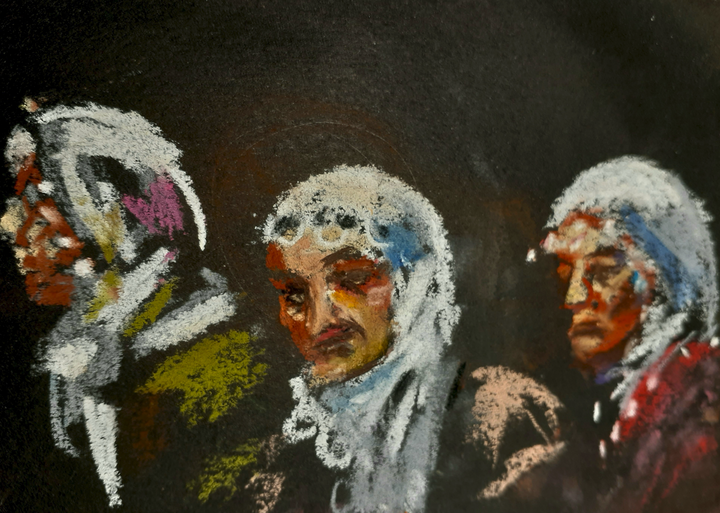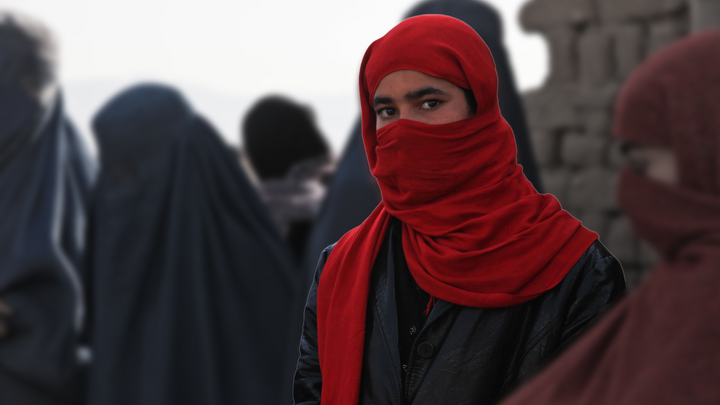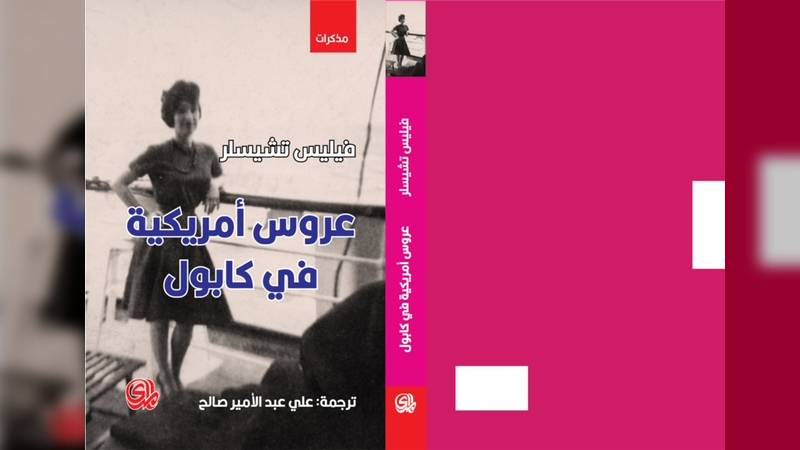Our Feminist Digital Battle of Dunkirk
Civilians are doing the US government's work for them in Afghanistan.

This post is part of an ongoing series of reports on the Taliban takeover of Afghanistan and its impact on women by feminist author Phyllis Chesler.
Although the internet has spread the vilest hate speech far and wide, it has also allowed for the most far reaching and life-saving communication.
We could not have engaged in our feminist rescue mission without access to email, WhatsApp, and FaceTime.
We could not have guided women through the streets of Kabul so that they could avoid certain Taliban checkpoints and reach the right, but ever-changing gates at the airport—nor could we have gentled those who were terrified and did not believe they could keep facing the savage mobs.
In addition, former American military personnel with access to funding as well as humanitarian NGOs have been chartering and funding private flights to fly Americans and endangered people out of Afghanistan.
All of us were doing the work that the American government failed to do.
If civilians with principles can do this—what in God’s name is wrong with the American government not only in terms of leaving Americans, our Afghan allies, and all those Westernized Afghans who are being hunted by the Taliban behind—but also in terms of refusing to allow six privately chartered planes filled with Americans and our at-risk Afghan allies to fly out of the Mazari-i-Sharif airport where they have been trapped on the tarmac for six days and counting?
Representative Michael McCaul (R-Texas) has called this a “hostage situation where they (the Taliban) will not allow American citizens to leave until they get full recognition from the United States of America.”
Meanwhile, Secretary of State Antony Blinken is actually defending the Taliban. He explains that “they have not denied exit to anyone holding valid documents. But without valid documents, they cannot leave.”
Let’s “unpack” that, as the woke academics say.
The Taliban want to keep and kill all those who have opposed them and whose documents would reveal that. Or, if such documents had purposely been destroyed—then the Taliban get to bag their prey anyway.
And Biden’s administration is playing along, claiming that “it has done all that it can”—given that there are no American diplomats or soldiers left on the ground to verify existing documents or to issue new and valid ones. Meanwhile, the people stuck on board are “running out of money, patience, and hope.”
That’s a real Catch-22 for you.
Some of the private groups that have funded their airlifts can be named; some cannot. For example: The Nazarene Fund, an American group “dedicated to assisting Christians and other persecuted religious minorities” and Ascend, an American-based women’s leadership organization that seeks to “empower young women through athletic training.”
Democratic Senator Richard Blumenthal said that he is “deeply frustrated, even furious at our government’s delay and inaction” in helping these six planes depart.
Many Afghans on board hold only one passport but have left with many family members. This is also true for many of the feminist women with whom we’ve been dealing. We thought we were helping only one, single woman but it invariably turned out that she was traveling with her father or husband, her siblings, and with other relatives.
Like all tribal people, Afghans do not live alone. They do not exist as independent human beings but as members of a vast network of family relations. Even my “Aisha” turned out to be traveling together with family members—and more interesting, to have many relatives in at least two European countries and in at least two American states.
How many feminist women have access to such thick networks of support—and/or to monitors?
Some of the women with whom we are dealing still have to cook for their families. Some are also being manipulated by their husbands. Everyone who’s spent time in a refugee camp has experienced or witnessed male sexual harassment—and been closely guarded by their male relatives.
Have Western countries really been able to educate Afghan Muslim men to think and behave in more enlightened ways towards women? Has there been a serious enough effort to do so?
One way or the other: I am not only afraid that we may be importing potential terrorists into our country; I am equally as worried about importing and empowering a tribally misogynistic way of life. I am talking about child marriage, forced arranged marriage, marital rape and battering, polygamy, female domestic servitude, forced face veiling, etc.—as well as male refusals to work for a woman, see a woman doctor, attend classes taught by a woman, or allow their wives to have a male physician.
I have no answers as yet, but welcome all your best ideas.
Enter your email below to sign in or become a 4W member and join the conversation.
(Already did this? Try refreshing the page!)





Comments